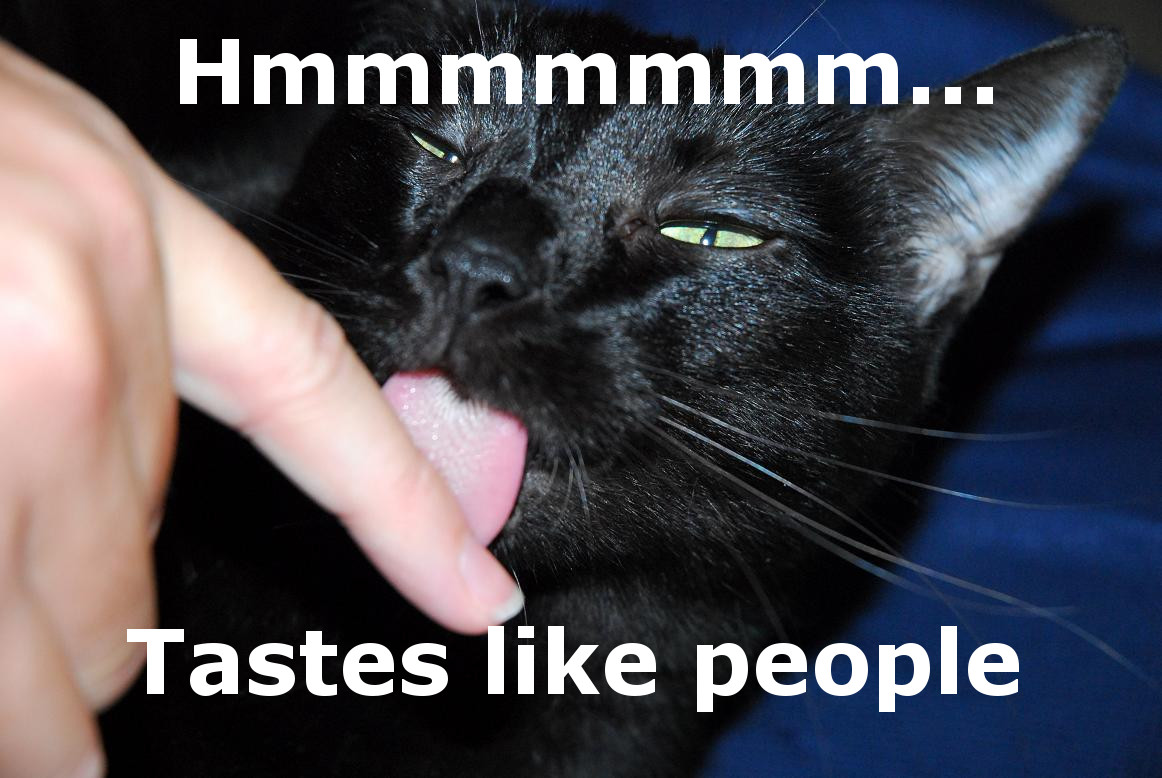If you’ve ever had a cat lick you, you know how rough their tongues are. If your cat likes to wash you in one spot, over and over again, it can feel like she’s trying to sand your skin off. By contrast, if you’ve ever had a dog lick you, then you know that rough tongues have nothing to do with simply being an animal. Why are cats’ tongues so rough?
The physical characteristics of cats’ tongues
Cats’ tongues have backward facing barbs called papillae, according to Cat Behavior Associates. They’re what makes cats’ tongues feel so much like sandpaper. One of the primary reasons for these little barbs is so that cats can scrape all the meat off the bones of their prey.
The little barbs also help with removing dirt and debris from your cat’s fur, so she stays cleaner. However, because the barbs face backward, they make it so your cat is more likely to swallow this stuff, so you should still brush her frequently to cut down on her hairballs. That’s also why it’s not a good idea to play with your cat using certain materials, like string or yarn. It gets caught on their sandpaper tongues, and they’re more likely to just swallow it than try and spit it out.
Cats’ tongues are rough to help give them an edge in survival
Grooming is a survival tactic, too. According to Catster, one of the reasons cats groom is to remove all traces of their prey from them. Cats have an interesting position in the food chain in that they are both predator and prey. In order to avoid potential predators, they have to avoid smelling like blood and fresh meat.
So basically, your cat’s tongue is a useful tool for ensuring she gets all the food possible from her prey, and it’s also a brush that helps her keep her fur clean and tangle-free, and odor-free also. The little barbs on her tongue are nature’s way of helping her survive as both predator and prey.



